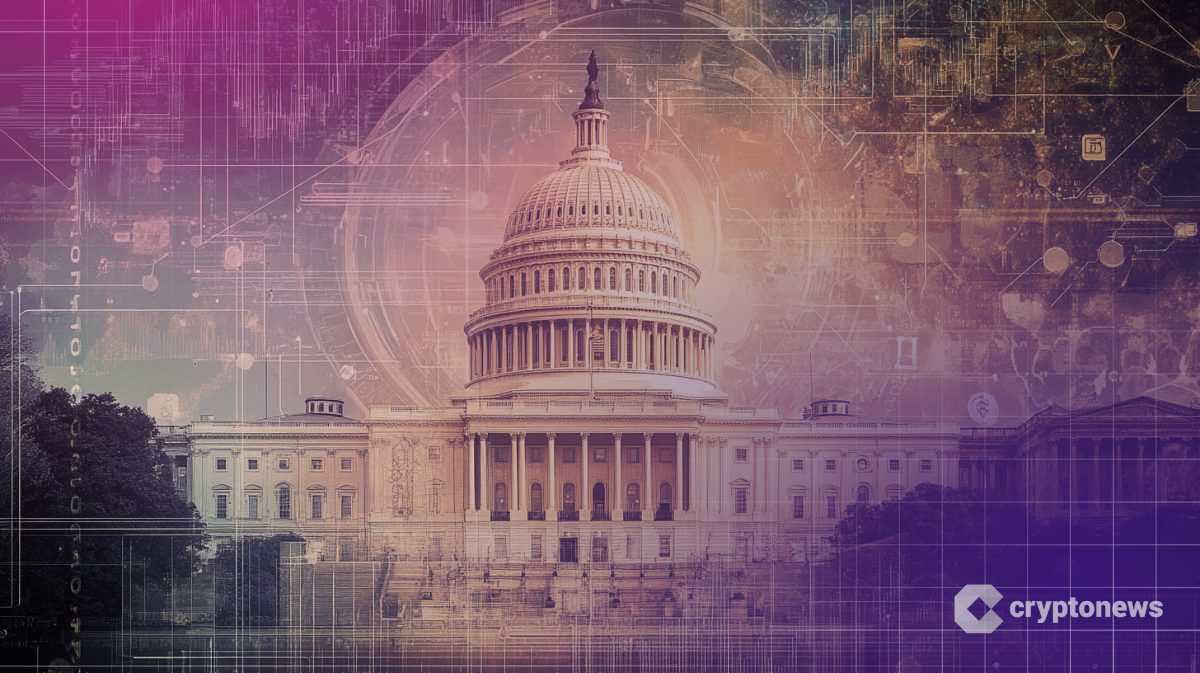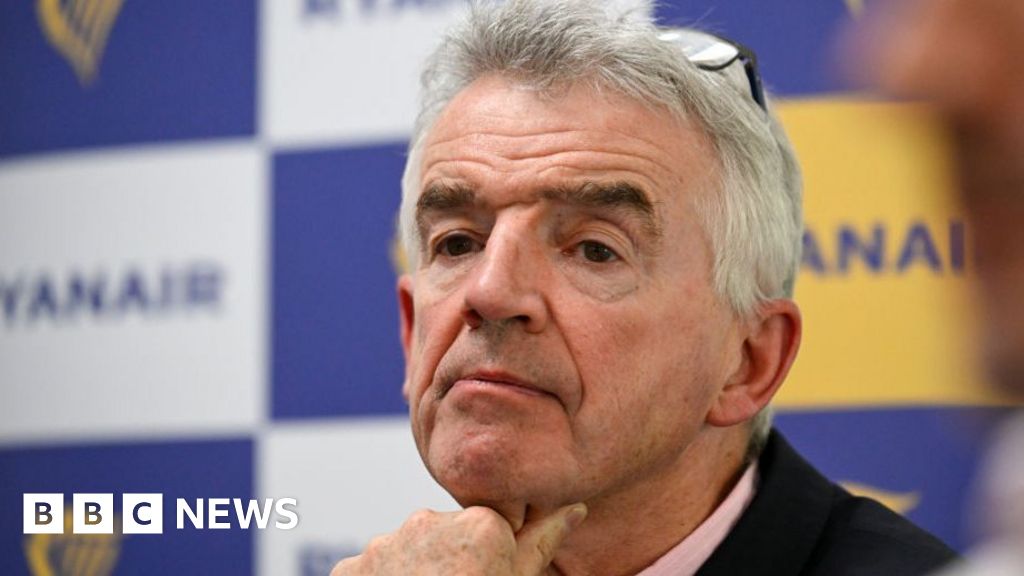Shares in First Republic plunged 49 per cent in after-hours trading on Friday as the embattled California bank prepared to end another week of turmoil without a long-term plan for its survival.
First Republic and its advisers have been working on a private-sector solution that would keep the bank from being taken over by the Federal Deposit Insurance Corporation, according to people briefed on the matter.
But they have thus far failed to craft a proposal that can win over both the big US banks and government officials.
The bank’s shares were briefly halted for volatility as investors lost faith that what First Republic’s advisers call an “open bank” solution was about to materialise. If it falls into receivership, shareholders would almost certainly be wiped out. The shares had already fallen 43 per cent during normal trading hours on Friday.
First Republic said in a statement it was “engaged in discussions with multiple parties about our strategic options while continuing to serve our clients.”
The Biden administration is keen to avoid another FDIC takeover in the wake of Silicon Valley Bank’s March 10 collapse because of fears of contagion. It would also once again raise the politically thorny question of what to do about depositors with balances above the $250,000 threshold covered by deposit insurance.
A First Republic resolution could also be problematic because its remaining uninsured deposits include $30bn that was pumped in by 11 of the largest US lenders in an earlier effort to stabilise it.
The San Francisco-based lender revealed on Monday that it had suffered more than $100bn in deposit outflows in the first quarter as it reported plunging earnings. It also faces further hits to its profitability because rising interest rates have hammered the paper value of its mortgage book and other assets. Its shares have fallen 97 per cent this year.
One private sector proposal that has been floated would be for a group of banks and perhaps other financial firms to buy some of First Republic’s long-dated assets at prices above their current market value. That would clear some of its losses, and the buyers could avoid taking a hit themselves by holding the assets to maturity.
But big banks are reluctant to take on additional risk in connection with First Republic, citing their duty to their own shareholders.
Much of the debate has centred around whether the US government would be willing to provide some sort of sweetener to potential acquirers of all or part of First Republic.
The FDIC and Federal Reserve declined to comment.
Credit: Source link










